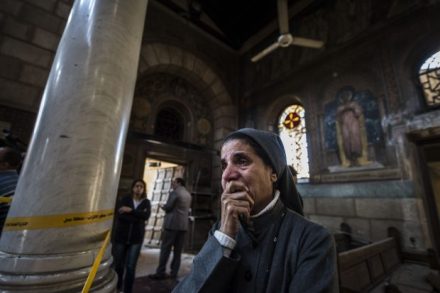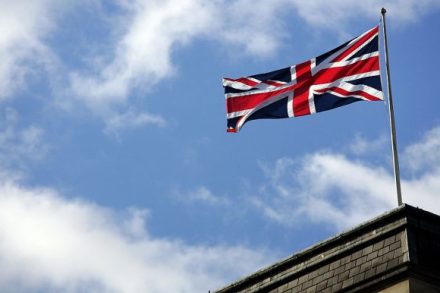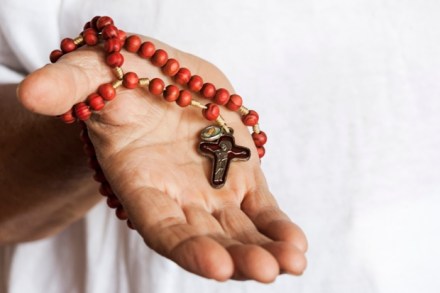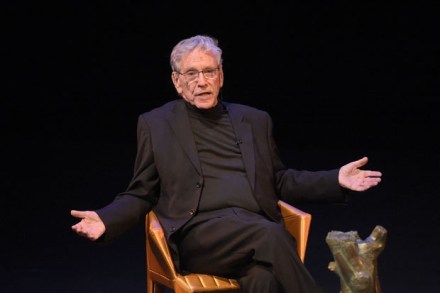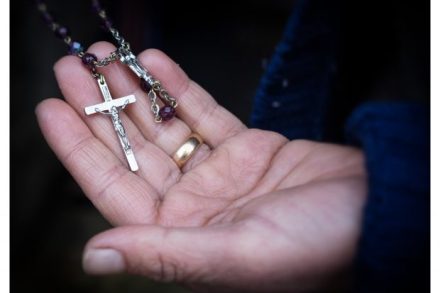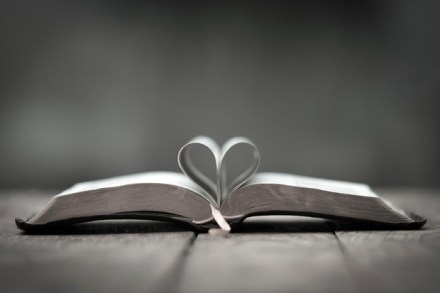My path to becoming a priest
Prayer comes readily when we are distressed or in danger. Agnosticism falls away. It has been so for me. Many years ago, I prayed intensely at a time of crucial decision-taking. I was puzzled and distressed. Should I really be a priest? Slowly, clarity came. I decided with a sureness and a trust beyond reason. My prayer was certainly answered. Since then, in 47 years as a priest, even in the hardest of sorrows and confusion, never — yet — have I had a sense of being abandoned by the Lord, never losing the deep stability of that decision. To read more from our Spectator survey of answered prayers, click



